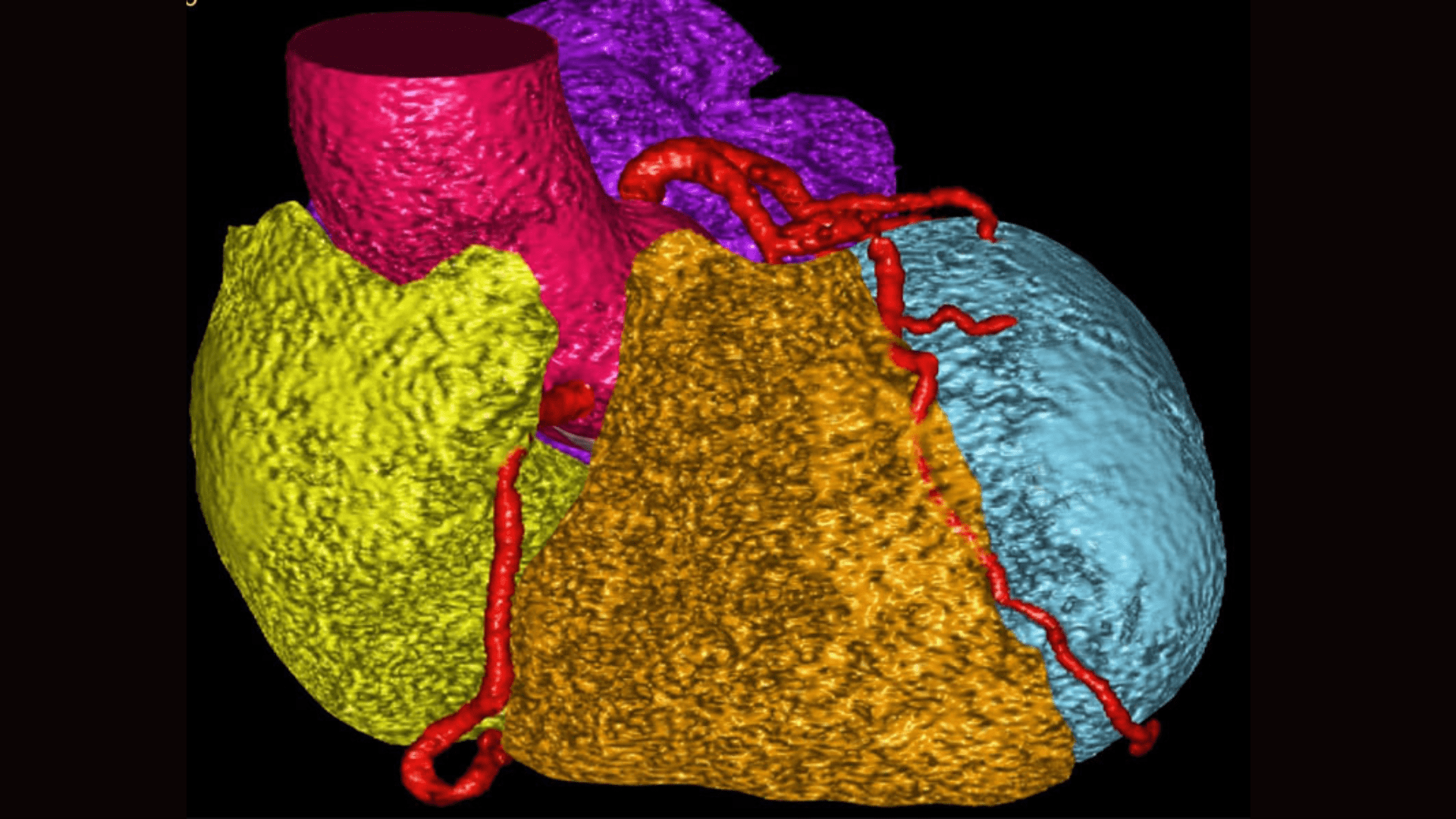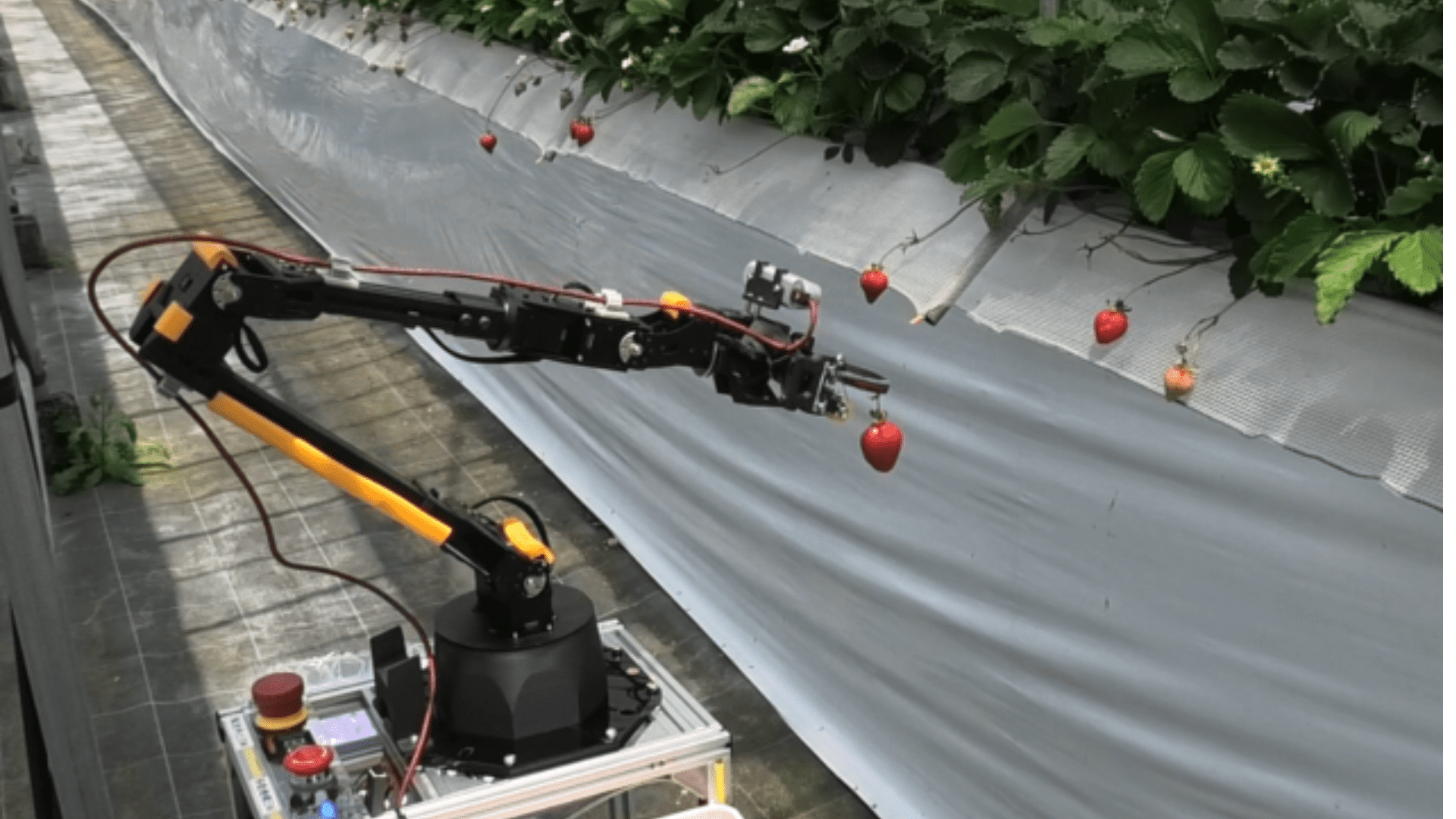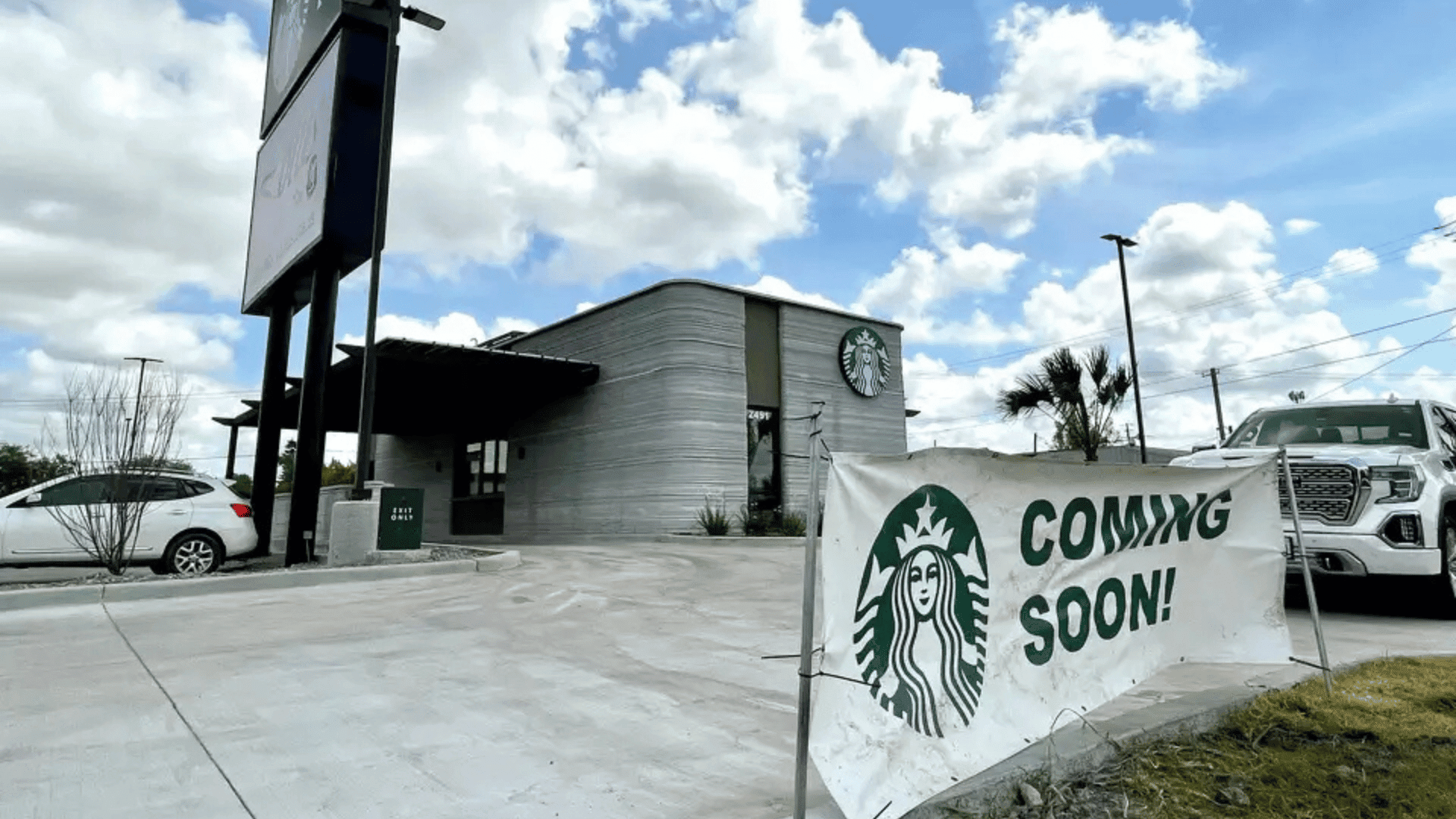Cardiovascular disease is the leading cause of death worldwide, claiming over 17 million lives every year, according to the American Heart Association. Accurately identifying individuals who are at high risk remains an “unmet need.” Researchers at Case Western Reserve University, University Hospitals, and Houston Methodist are turning to artificial intelligence to help address the need.
Researchers from these universities are harnessing the power of AI to predict heart failure and other cardiovascular events by developing an AI model that “learns” from patient scans.
Predicting Heart Attacks

The National Institutes of Health awarded two grants, totaling $4 million, to the collaboration to develop the AI model.
“This project represents a significant leap forward in personalized healthcare,” said Shuo Li, a Case Western Reserve professor and the project leader. “It has the potential to set new standards for cardiovascular disease prevention and management, as well as advance the forefront of using AI to analyze images for transformational healthcare.”
The project creates AI-driven predictive models capable of interpreting data from CT scans, clinical risk factors, and demographics. The team aims to understand the interaction between heart health and body composition. If the researcher can do this, clinicians can identify at-risk patients with “unprecedented accuracy.”
“Accurate risk prediction allows us to tailor preventative treatments, reducing the burden of cardiovascular diseases and improving patient outcomes,” said Sadeer Al-Kindi, an imaging cardiologist and associate professor. “By identifying risk of heart failure and other events early, this project can potentially redefine care protocols, save lives, and lower healthcare costs.”
Low-Cost, Non-Invasive

The researchers are trying to develop AI models to interpret data from calcium-scoring CT scans, which are low-cost, noninvasive heart scans that identify the amount of calcified plaque in the coronary arteries. This plaque can narrow or block the heart’s arteries and predict someone’s risk of a heart attack.
By extracting novel insights from CT images, the AI models could use these measurements to estimate the risk of cardiovascular events. The measurements include coronary calcium, heart shape, body composition, bone density, and visceral fat. As a result, the models could correlate outcomes with these risk factors quickly and more comprehensively.
Sanjay Rajagopalan, a professor and director of the Cardiovascular Research Institute at the Case Western Reserve University School of Medicine, said, “A clearer understanding of how these novel imaging-based risk factors combine will advance the knowledge of cardiometabolic disease phenotypes and support doctors in making appropriate and timely therapeutic recommendations.”







